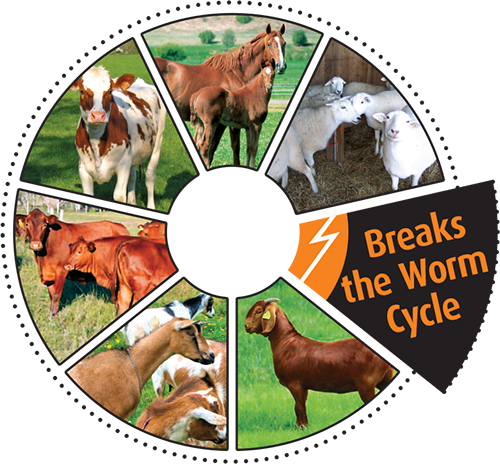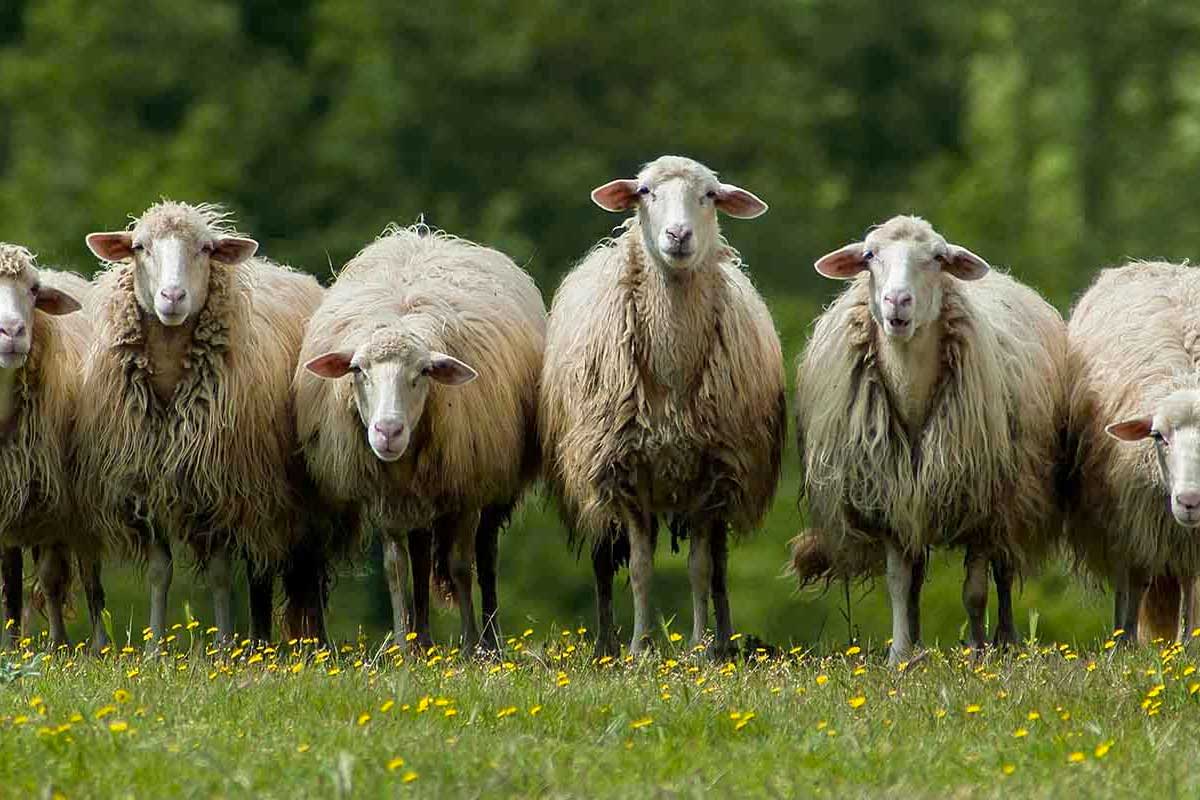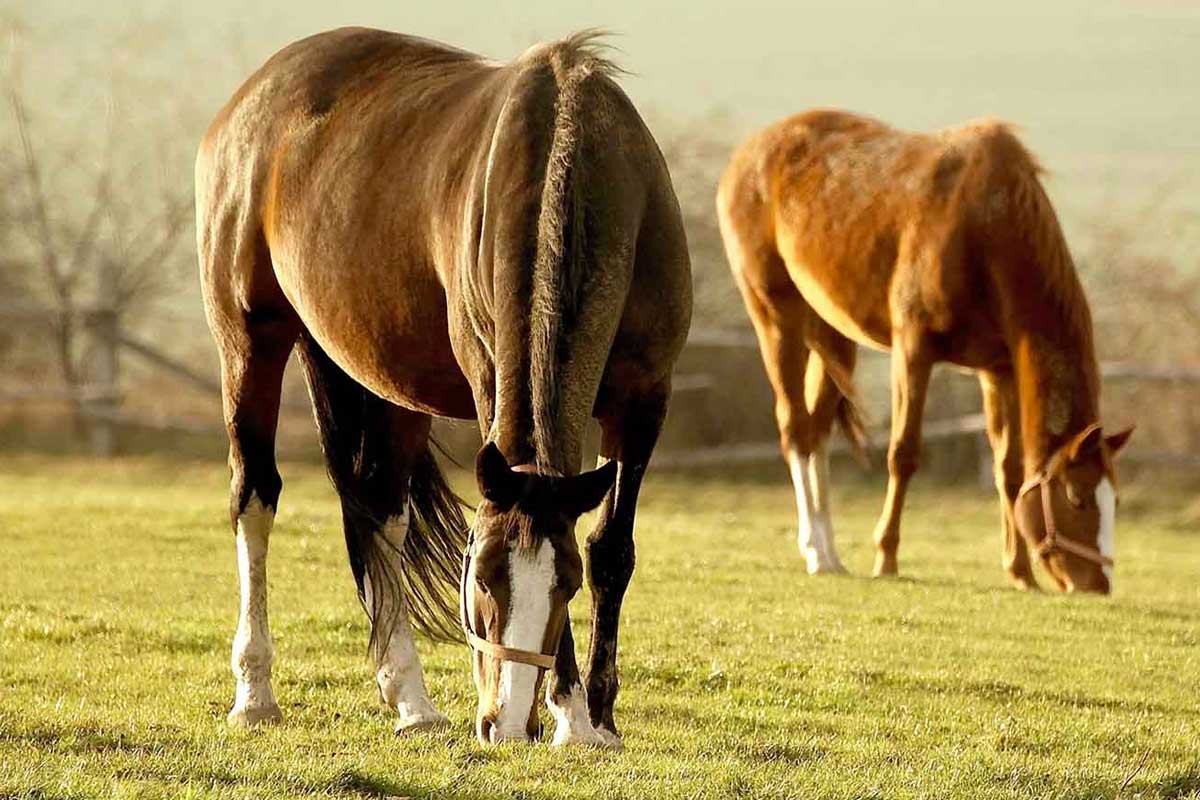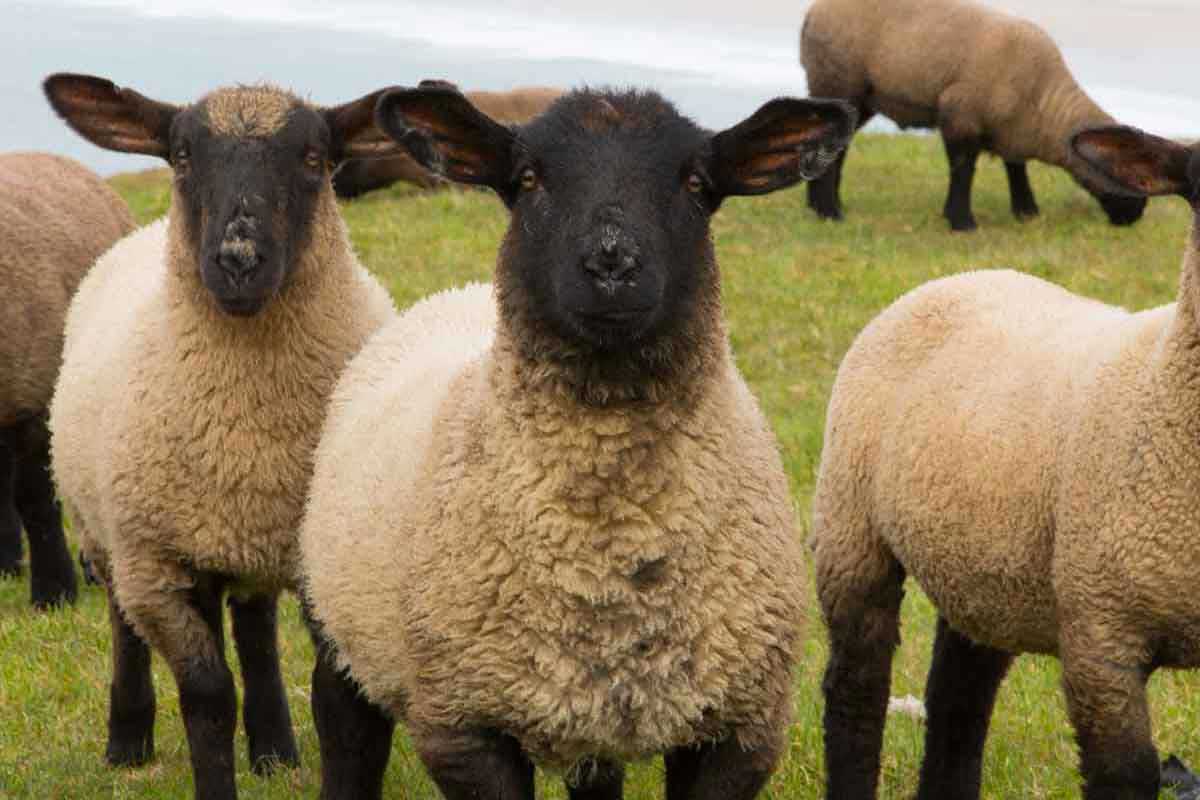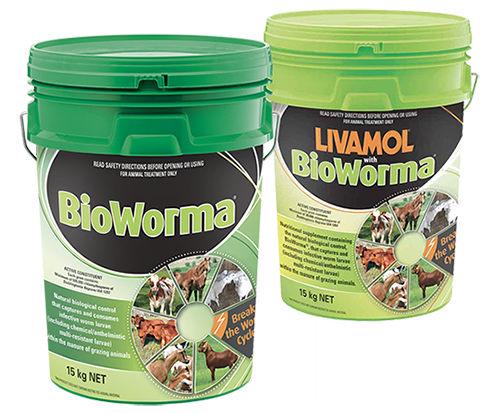ARTICLES
Duddingtonia flagrans is a non-chemical biological control for the infective stages of parasitic GIN of grazing animals, which acts by substantially reducing the numbers of infective worm larvae (including multi-resistant larvae) emerging from manure onto pasture. When fed to animals, the thick-walled spores remain inert (having no effect within the host animal) and resist digestion, passing through into the manure. There they germinate and form trapping organs that capture, paralyse and consume emerging infective worm larvae (including multi-resistant larvae).
No items found.Did you know: Duddingtonia flagrans traps, paralyses and consumes parasitic worm larvae
The crucial re-infestation stage of the parasites’ life cycle is interrupted, reducing the amount of re-infection from contaminated pasture. This interruption of the life cycle significantly reduces parasitic nematodes on pasture. The spores are safe, non-toxic and residue-free.
Did you know: Duddingtonia flagrans is highly host specific – targets parasitic nematodes of grazing animals

